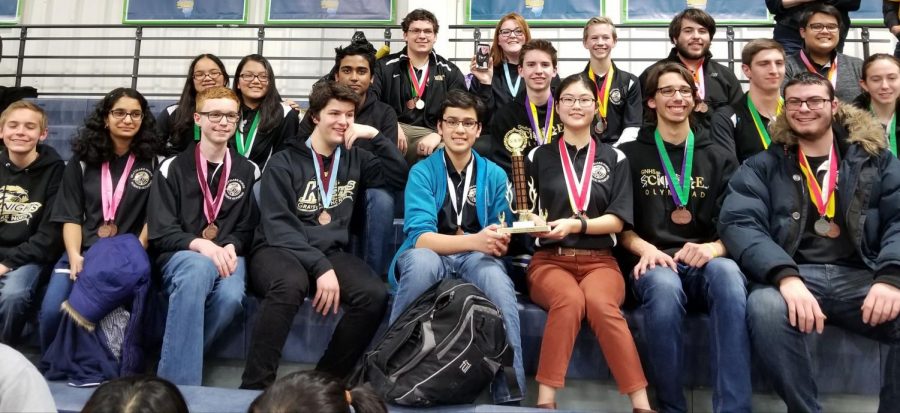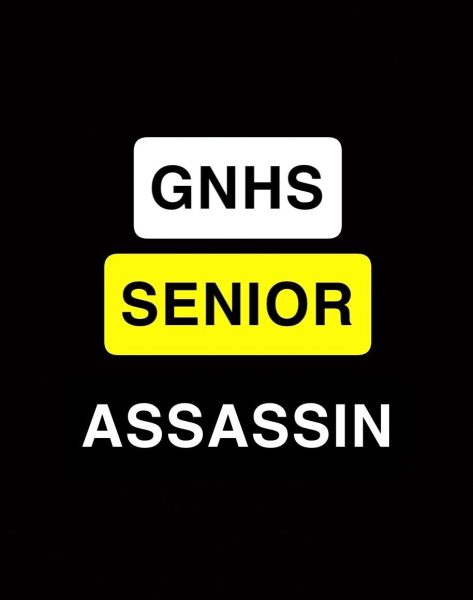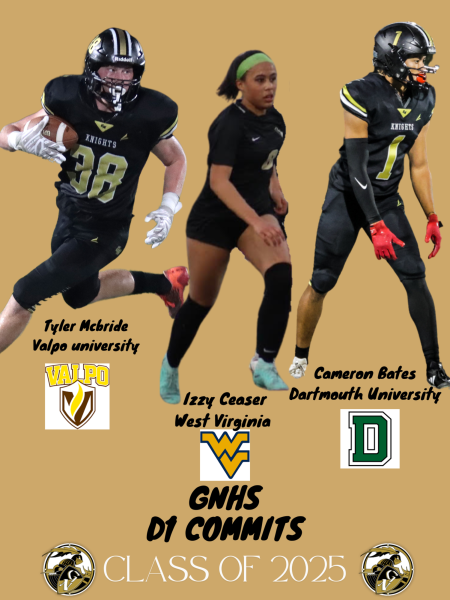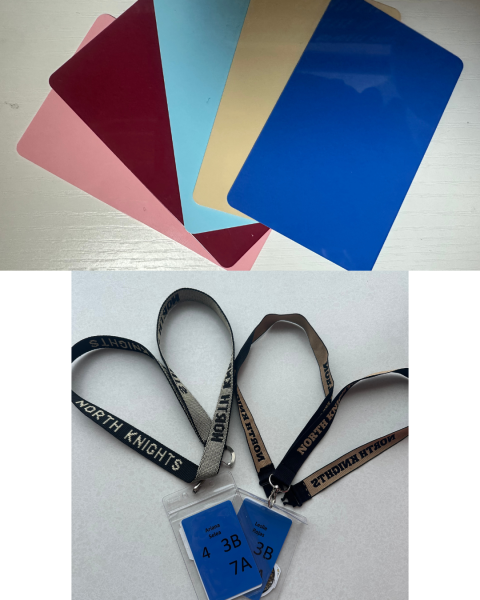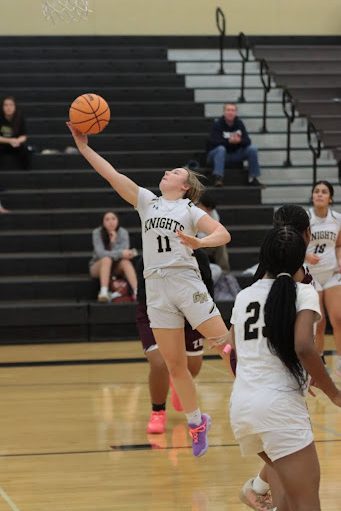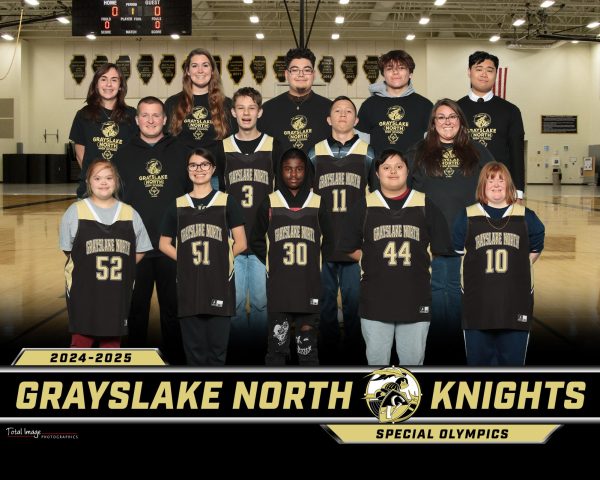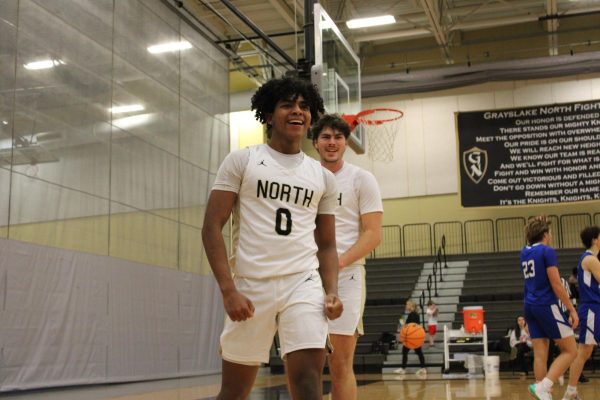Science Olympiad advances to State
After a second place finish at the College of Lake County Regional Competition on March 9, Science Olympiad is advancing to State on April 13.
“Science Olympiad is headed by two school sponsors, Megan Sylverne and Jennifer Grutza. We also have Alec Renner as an event coach for the vast majority of the events,” said senior Science Olympiad member Jason Cramer.
Science Olympiad is split up into events that each involve a different field of scientific study. Each event has three categories that the teams are judged on: build, lab, and study.
“The competition is ranked based on the lowest sum of the rankings for all the events, so if you get first place rankings, your team score is increased by one point per medal versus if you get twentieth place, the team score is increased by twenty points,” Cramer said.
North has done well in the competitions. The school has many trophies and plaques from previous trips to State. Recently, Science Olympiad made it into one of the seven spots available at State.
“I tend to crunch the numbers, and we were in very good shape this year to go to State. There were six or seven bids for State, and we were expected to place in the top two to four in our region,” said event coach Alec Renner.
The competitions are hands-on and involve activities like building objects or solving puzzles.
“For our build events, I personally took part in creating an electric vehicle, a few mousetrap vehicles, a water clock, a robot arm, and two thermodynamics insulator boxes. We created them through a few weeks of design, choosing materials and construction,” Cramer said.
The club meets every Thursday in the library as a full team, and students are encouraged to meet with their groups outside of the set time in order to complete the project.
“Some groups get together in the library after school, and we’ll just work in there for an hour. Other ones will go out and build their devices at home. Or they’ll take it up to the third hallway to test them out, run their cars, stuff like that,” Renner said.

